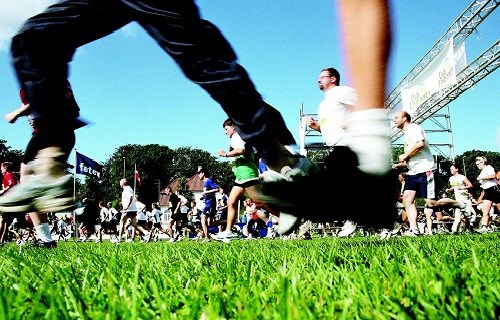New study maps public support for sports club policies across Europe
The are big differences in European sports clubs’ policies, says a new study comparing the policies that rule sports clubs in the Netherlands, Denmark, Germany, Norway, Hungary, Poland, Spain, Switzerland, Belgium and England.
The ten countries are analysed and compared in connection to a larger EU supported project with the aim of determining the level of voluntarism and social inclusion in European sports clubs. The project is called ‘Social Inclusion and Volunteering in Sports Clubs in Europe’ (SIVSCE) and this is the first of five reports to come out of the project.
The report seeks to examine possible correlations between “the conditions that the governmental and political framework establishes on the one hand and social inclusion and volunteering in sports clubs on the other hand,” says a press release about the report.
The study concludes that all countries’ sports sectors receive public subsidies for their activities, but the administration of these subsidies is where the biggest differences are found.
In Switzerland, Denmark and Norway, for example, the public subsidies are distributed through a fixed allocation without much or any demands of documentation of how the subsidies are spent or of how the activities benefit a given political aim.
This contrasts with other countries in the study, where subsidies are handed out through funds set up for specific groups within defined activities, which can then be applied for by sports clubs. The most common type of economic support in the ten countries is ‘targeted subsidy’.
Looking at the similarities between the countries, the vast majority of the participating countries have ‘sport for all’ or recreational sport as a main priority in their sports policy. And, in general, the countries target their subsidies for sport towards sports for inactive groups and the promoting of social inclusion and integration of socially disadvantaged groups in society.
The study also finds the strengthening of volunteering and civil society in general to be an over-all ‘trend’ in the participating countries.
The SIVSCE project is a collaborative Partnership co-funded by the Erasmus+ Programme Of the European Union. The project runs until 2017.
More information
Read the report:
Read more about the SIVSCE project:
Read a press release about the report:






